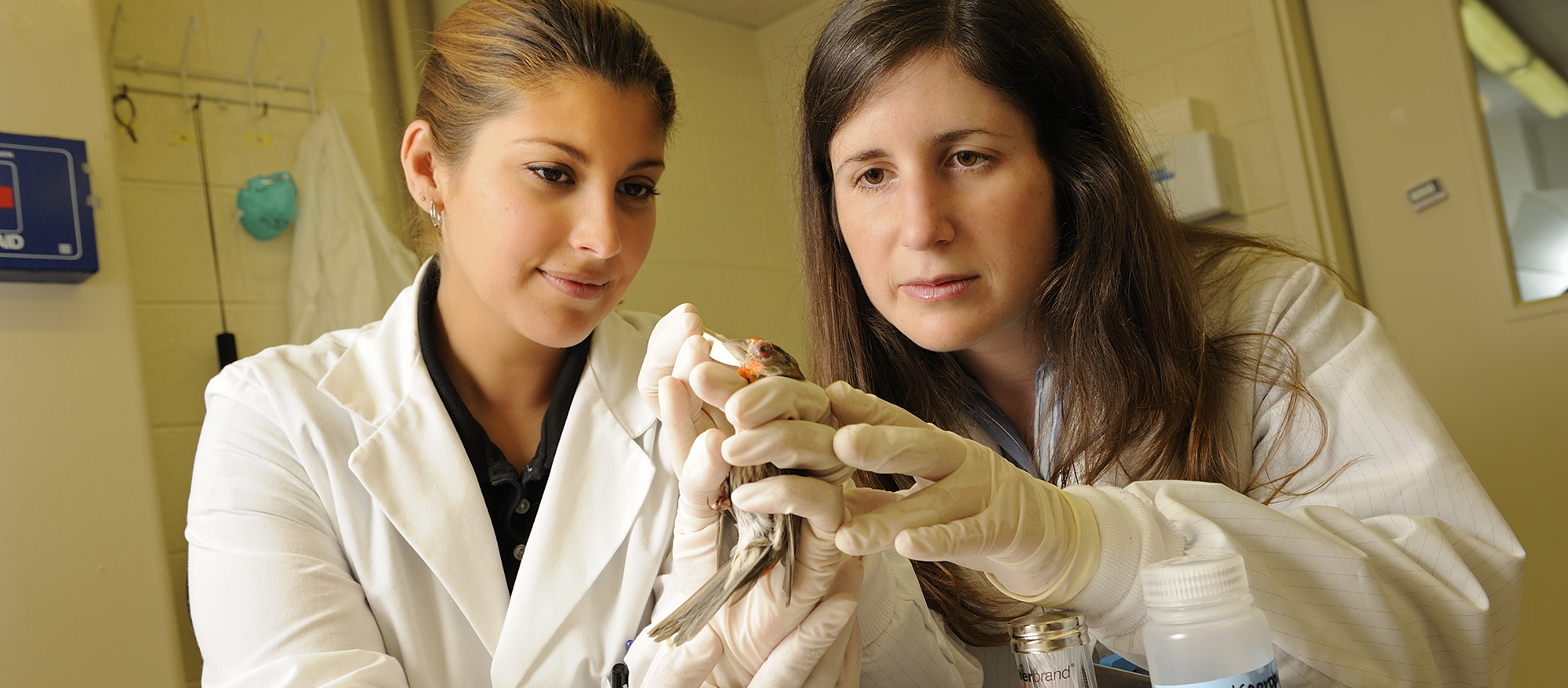 The Virginia Science Festival features a full month dedicated to STEM events happening around Virginia. The goal is to “provide families with hands-on experiences, live performances, interactive demonstrations and techno entertainment that will inspire a wonder in science for all ages.” On Saturday, September 26th, the Interfaces of Global Change IGEP at Virginia Tech sponsored a booth at the Blacksburg Science Festival called “Why I Care For Nature.”
The Virginia Science Festival features a full month dedicated to STEM events happening around Virginia. The goal is to “provide families with hands-on experiences, live performances, interactive demonstrations and techno entertainment that will inspire a wonder in science for all ages.” On Saturday, September 26th, the Interfaces of Global Change IGEP at Virginia Tech sponsored a booth at the Blacksburg Science Festival called “Why I Care For Nature.”
According to IGC Fellow, Tamara Fetters, #whyIcare4nature is an outreach campaign started by the Interfaces of Global Change program at Virginia Tech intended to remind us of all the reasons why we value nature – even though we might have different social, economic, political or religious views. Weeks before the Science Festival, IGC Fellows started a social media campaign on Twitter and Facebook. Participants were asked to “show/tell us why you care, using the hashtag #whyIcare4nature“. On the day of the Science Festival, children and adults were asked to fill out and wear a sticker boasting why they care for nature. Additional prizes were given to those who joined the social media campaign while they were at the IGC booth.
Below is a sampling of Tweets and Facebook posts from the event:
#whyIcare4nature– because so many amazing species are already extinct. #VTPaleo @vtgeosciences pic.twitter.com/bXSTK5snXj
— VT Paleobiology (@VTechmeetsPaleo) September 21, 2015
Because a view like this beats a strip mall any day #whyIcare4nature pic.twitter.com/dso9QzlVKz — Christine Lattin (@c_lattin) September 22, 2015
More:
Liam: I care about nature because I love amphibians. ❤🌳🌲🌱🍃🐲🐉🐊🐍🐸 #whyIcare4nature
Noah: Because if animals all died we’d have no food
Sammy: Because it helps our environment
Amanda: Because I want my nieces and nephews to see and touch a real glacier! (photo post)
Asia: Because getting a great pic of a wild animal is like catching a shiny Pokemon. #whyIcare4Nature #GottaCatchEmAll (photo post)
Joel: Since we all have a common ancestor, we’re all related – fish, bird, bacterium, plant, human. Take care of your relatives! #whyIcare4nature (photo post)
Anne: This view of #Serengeti is one of my favorites in the world and brings me great joy and peace. (photo post)
Tamara: I want my children to experience wonder- that’s #whyIcare4nature. (photo post)
Ben: Some things you just can’t find in the store (photo post of locally-picked wild mushrooms)
Cathy: 2ft long salamanders make life more interesting! That’s #whyIcare4nature. Tell/show why you care! (photo post)
Angie: Because I want to see Panamanian Golden Frogs back in the wild that is #whyIcare4nature
Julie: Nature is AMAZING! #whyIcare4nature



 Three Virginia Tech interdisciplinary graduate education programs (IGEPs) recently met in Torgerson Hall to discuss the documentary film, “Merchants of Doubt”. This discussion followed a visit from the book’s author,
Three Virginia Tech interdisciplinary graduate education programs (IGEPs) recently met in Torgerson Hall to discuss the documentary film, “Merchants of Doubt”. This discussion followed a visit from the book’s author, 
